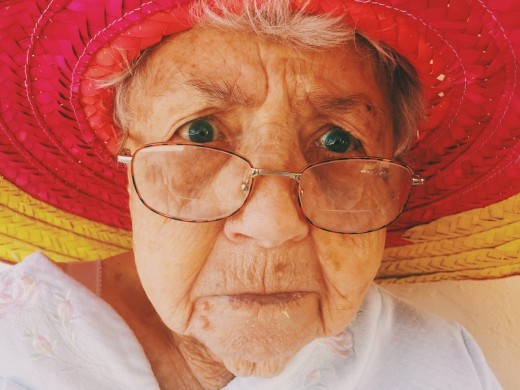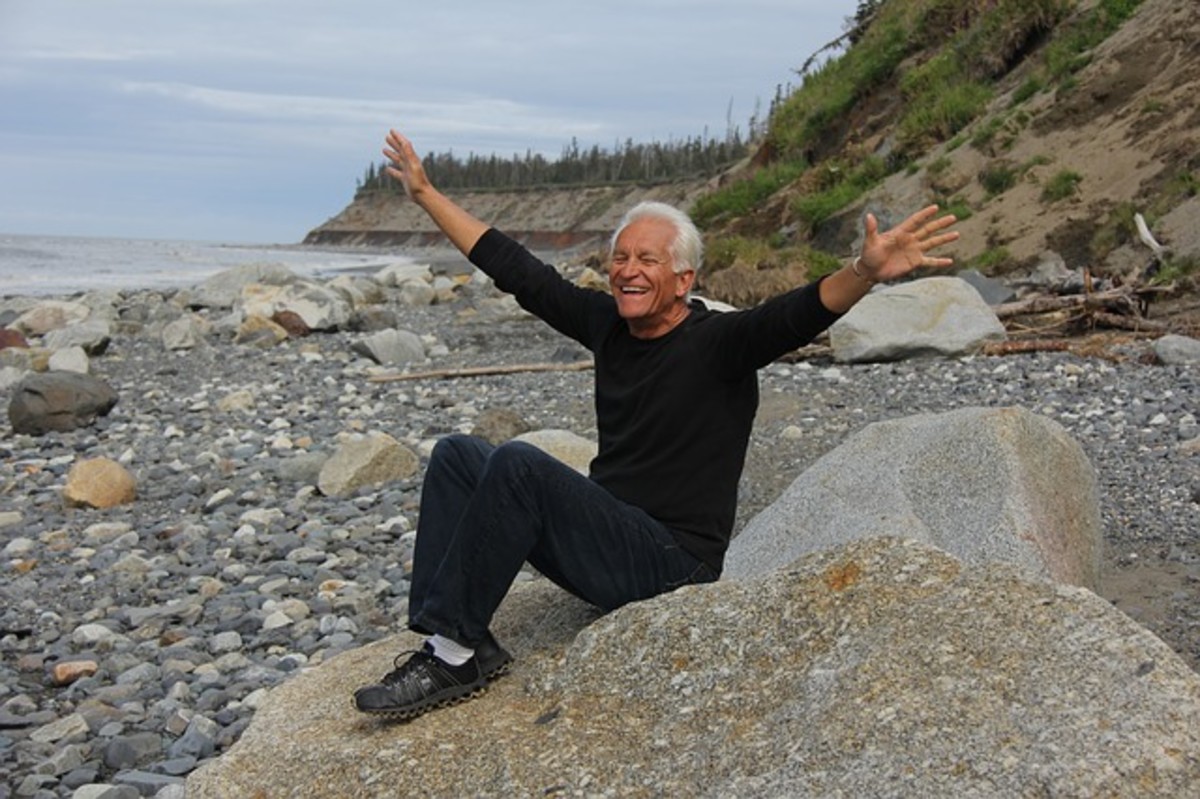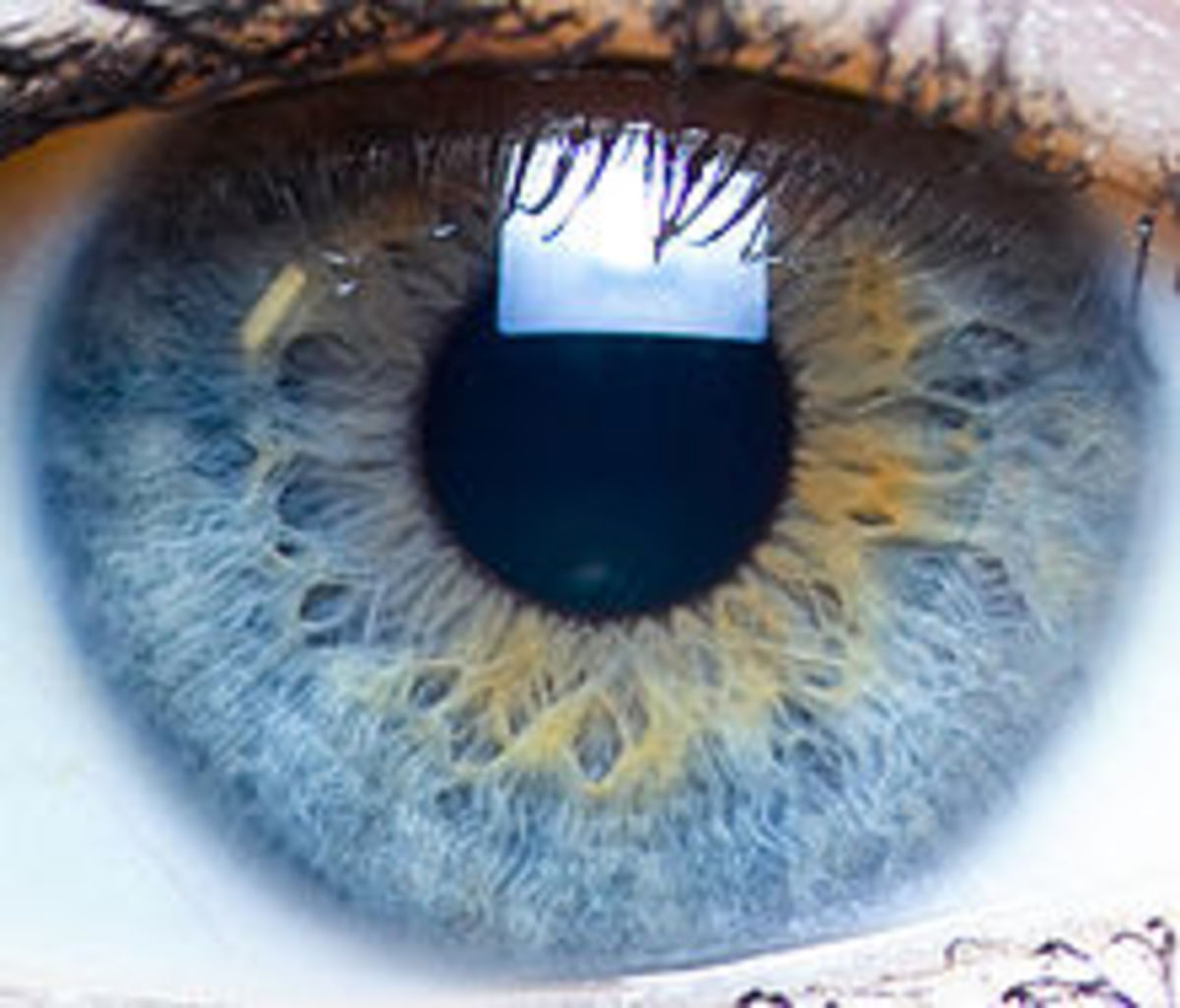Changing Perspective - New Healthy Aging Process

Aging doesn't start at your 30s, 40s or 50s. It is a process that starts the moment we are born.
Often, there are a lot of negative connotations to growing old. However, it should be something to be celebrated because growing old means we are still alive and can continue to do the things that we love and also strive to be better.
The new way to a healthy aging process therefore, is to embrace the natural process of aging, be prepared mentally and physically for different life phases, and be able to not just live but to live well.
Below are a few simple tips on how to age well:

Don't ignore your mental health
People are always finding ways to live longer. When we study how people can live up to 100 years old and beyond, we usually focus on the physical things like diet and exercise. However, there is little emphasis on how the society and environment can also play a huge part in contributing to a healthy aging process - to keep a person healthy and youthful.
For example, it's widely known that the Japanese generally have a longer life expectancy because they eat ALOT better and walk around more. However, much of it is also attributed to the environment where they live in (e.g. living away from the city where it can be much less stressful, community bond and family values are stronger). Japanese old folks also engage in numerous activities together (e.g. taking part in traditional festivals/ rituals) and this keeps them mentally active and happy.
Therefore, when you think about a healthy aging process, you should not simply just focus on improving your diet or increasing the frequency of your exercise. You need to also think about how you can build networks, relationships and engage in activities to keep your mind healthy in the long run and prevent you from becoming a victim of loneliness, dependency and confusion in the later part of your life.

Conciously make better choices
When you are old, you want to continue meeting your friends and family, be able travel, cook, play your favourite sports or have a date night at a new restaurant.
So ask yourself this question now - when you eventually get to your golden years, do you think you will be fit and able enough to do all that comfortably with your current lifestyle choices and habits?
We all have to make choices everyday.
Whether it's taking that extra snooze in the morning instead of doing your AM yoga, using the elevator instead of the stairs, your nutritional, sleeping and exercise habits, taking the effort to remember to take your medications and go for follow up visits to the doctor - ALL that, are decisions and choices you have to make on a daily basis, which will have direct impact on you now or at the later stage in your life.
In this modern day and age, we are fortunate to have such easy and vast access on health information. Accessibility of information therefore EMPOWERS us to make more informed choices and we now have increased responsibility for the outcomes of our choices.
Governments can also invest in millions on public health education, campaigns, talks, community events and your friends and family can nag you to go for a check up, but at the end of the day, if you choose to ignore them, then all these efforts are basically pointless.
Remember - No one can decide to be fit and healthy on your behalf. A healthy aging process involves you making better choices for yourself each day.
Do you think you are generally making good choices for yourself?

Don't ignore your medical problems
Diseases don't happen overnight. We don't suddenly develop diabetes or heart disease and their signs and symptoms don't magically disappear if we ignore them.
And instead of only focusing on how to fight diseases and live longer, we must also consider how 'well' we want to live. Medical advances now can help to cure many diseases but there are other considerations such as what is the quality of life after a treatment?
Generally, the quality of life after a major treatment would be lower than simpler treatment plans such as medication or dietary changes for less complex cases (e.g. early stages of a disease).
For example, a diabetic person develops a severe foot rot after ignoring his diabetes for a long time, but due to medical advancements, the doctor can easily treat this by amputating the leg. Although this treatment is effective, it is not the ideal way to live and recover from an illness - having to live with regret for not seeking medical attention sooner, along with all the inconveniences of losing a leg. If he had sort treatment earlier to control his diabetes with a proper dietary plan and medication, he would not need to go through the rest of his life in pain and regret.
The chances of recovering well, both physically and emotionally, is often higher if the disease can be detected and treated at an earlier stage.

Finding a purpose driven life
What are your internal motivators? What are the things you treasure most?
At some point in everyone's life, people will start questioning about the meaning of life. This is not specifically referring to the spiritual sense/ direction, but more of a human being's natural inclination to search for life's purpose.
Collect things in your life that are personally meaningful to you - that will motivate you to work harder, take better care of yourself and the people around you.
Life is not just about being able to fulfill your obligations or responsibilities, such as raising your family or earning enough money. It is also about you defining your personal purpose, interests, identity and setting mini milestones for yourself. You should also learn to reward yourself as you reach certain milestones in your life.
A healthy aging process also involves surrounding yourself with friends and family who genuinely care for you. Don't isolate yourself. Having a group of people close to you, who matter to you, will automatically give you many things to look forward to in life. This is especially important when you are closing in on your retirement age and your life is less burdened by the daily grind of work.








